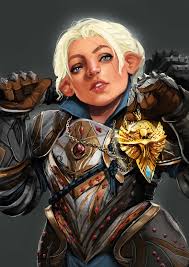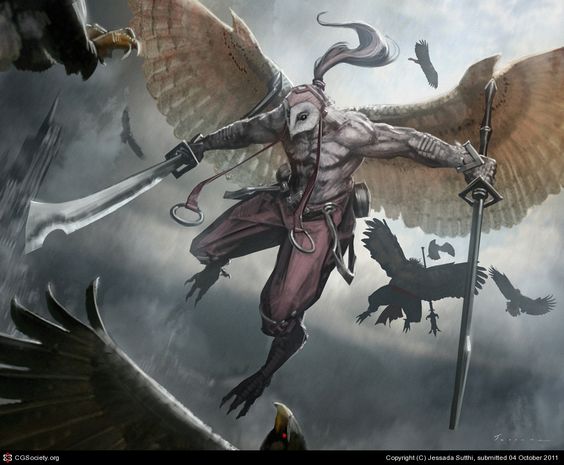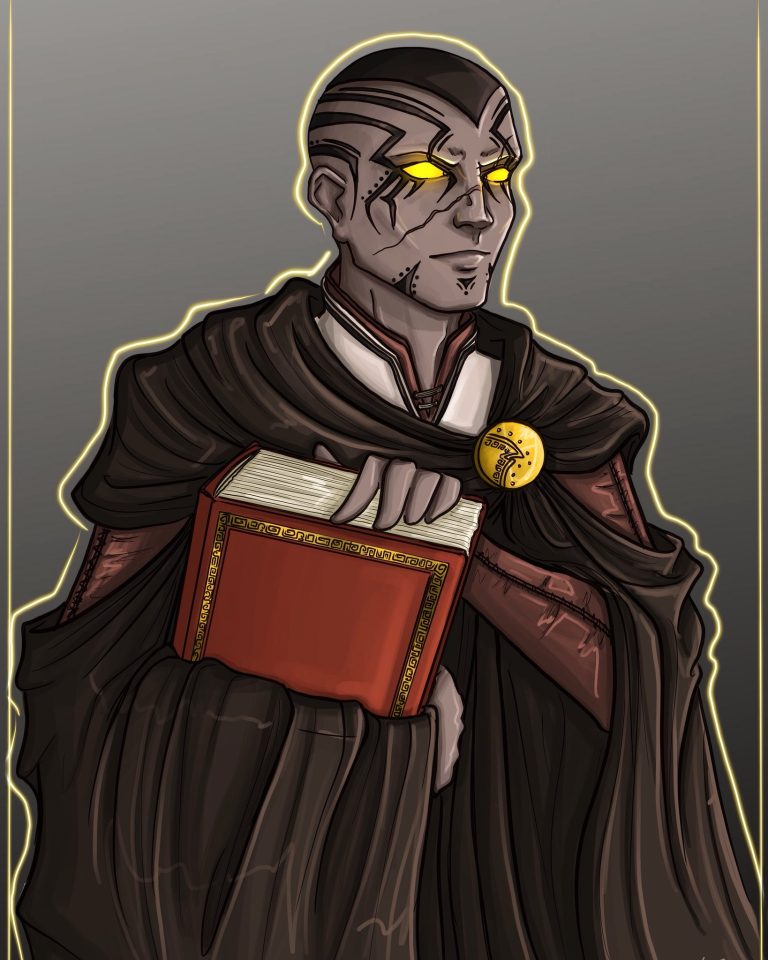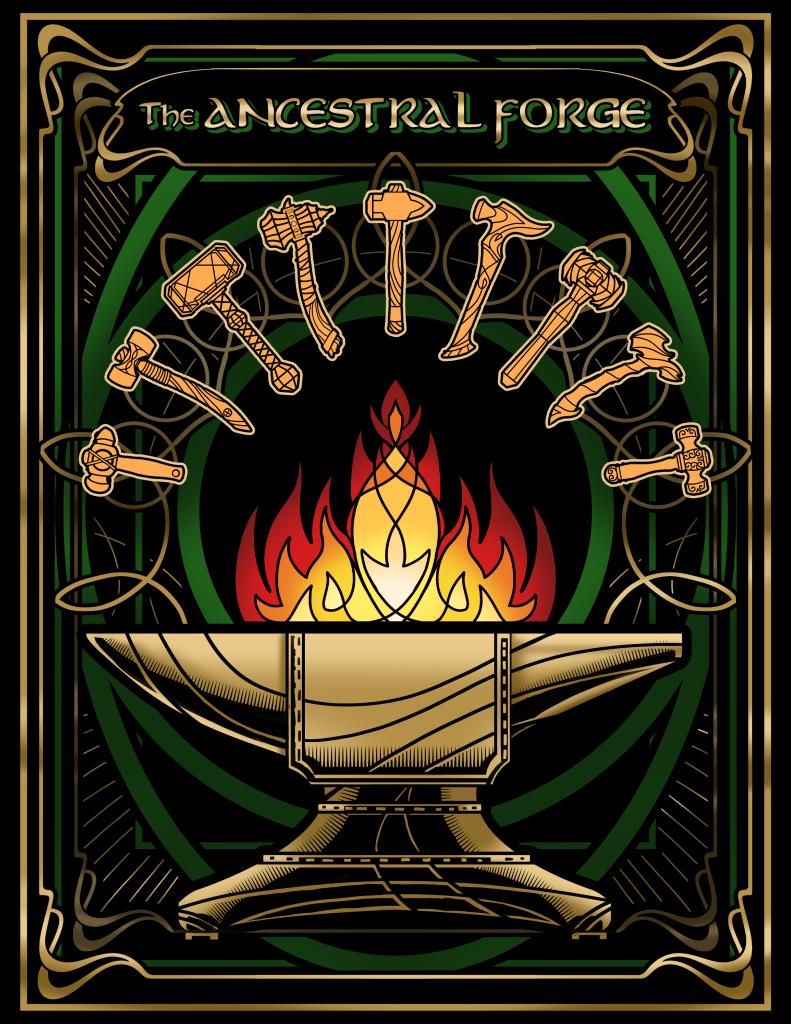D&D 5e: Dragonborn Rogue Guide
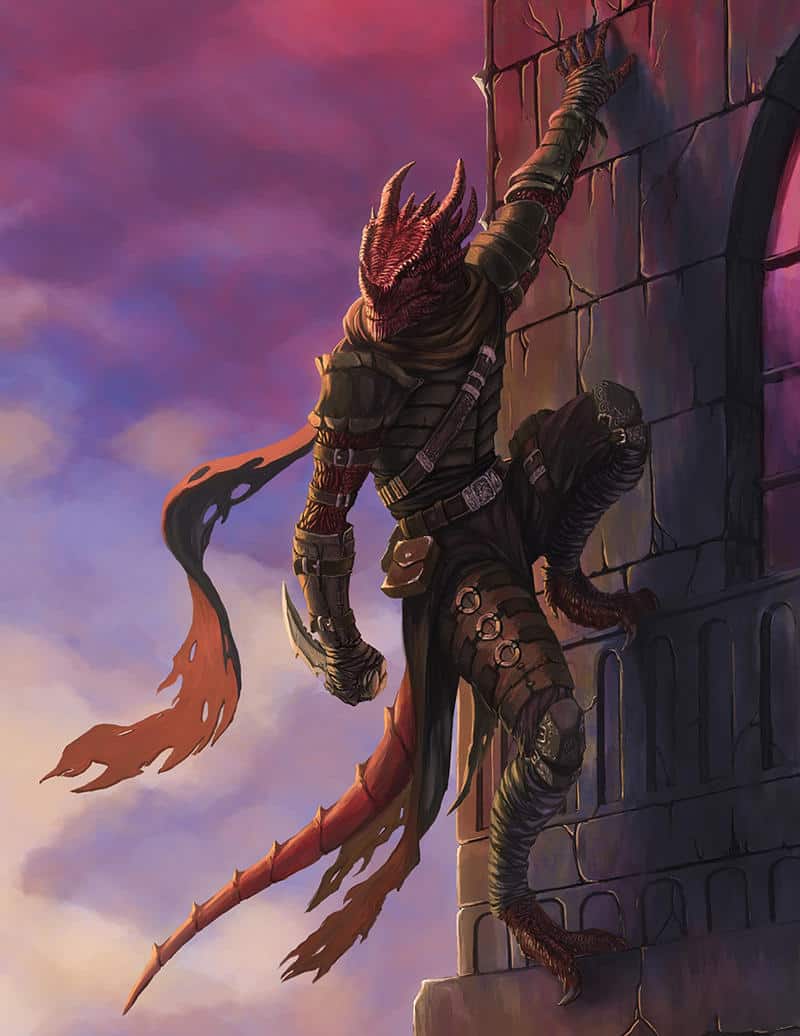
D&D 5e: Dragonborn Rogue Guide
Dragonborn are quite the imposing race, one that you might imagine would make a good fighter, barbarian, or paladin. An armored hero on the battlefield, with a big weapon. It was for the first time a few weeks ago that I designed a Dragonborn rogue, however, and that’s when I learned what I’d been missing out on. Dragonborn can be as diverse as the other races, so much so that at the time of writing, Wizards of the Coast has freshly released an Unearthed Arcana document that offers three variant Dragonborn races featuring new abilities and an interesting take on breath weapons. For now, we’ll be focusing on released content.
The Dragonborn race can be found in the Player’s Handbook OR an updated version can be found in Fizzban’s Treasury of Dragons. Click here to pick up your own copy of the Player’s Handbook or click here to pick up your own copy of Fizzban’s Treasury of Dragons!
The Rogue class can be found in the Player’s Handbook. Click here to pick up your own copy of The Player’s Handbook!
How to Make a Dragonborn Rogue
Dragonborn characters start with a bonus to strength and charisma, the former of which doesn’t help us as a rogue, so if your DM allows Tasha’s Cauldron, consider re-prioritizing accordingly. Dexterity is the most important stat for a rogue, accounting for your damage and armor class.
Fortunately, rogues don’t have a main secondary stat unless defined by your roguish archetype. Arcane Tricksters will want intelligence, charisma for Assassins and Swashbucklers, and wisdom for Inquisitors. After that, it’s up to you, however, charisma is a good roguish standard.
As for which roguish archetype to choose, all of them are pretty situational and whichever subclass you choose might specialize in doing damage in combat, helping allies in combat, controlling enemies in combat, gathering information, gaining the upper hand in social interactions, etc.
There aren’t any bad subclasses for rogue, only different subclasses for different scenarios, so keep those traits in mind when deciding how you want to play your character, as you only pick your subclass at 3rd level.
How to Play a Dragonborn Rogue
Many might think of the rogue as the stereotypical RPG character that lurks in the shadows with a dagger and sneaks up behind a target unseen for a backstab. While this isn’t quite how rogues work in D&D, the signature feature of a rogue is their sneak attack, a damage boost applied once per turn under certain conditions, usually if you have advantage on the attack roll. Unlike other martial classes, rogues do not gain the extra attack feature, and because sneak attack only applies once per turn, rogues tend to focus on triggering it as often as possible in order to inflict their damage.
Particularly as a dragonborn, you will not trigger sneak attack with your breath weapon so you’ll want to use that only if an area of effect attack is needed. However, you could choose to be a black Dragonborn and use your acid to ‘pick’ locks that your thieves’ tools are unable to unlock.
In combat, rogues can also dash, disengage, or hide as a bonus action with cunning action. Consider the strengths and weaknesses of your subclass and use your cunning action accordingly to position yourself to continue landing sneak attacks.
How to Roleplay as a Dragonborn Rogue
It’s relatively easy to imagine a rogue as a silent assassin or a thief in the night, and there’s nothing wrong with roleplaying that attitude, indeed, two of the subclasses are Assassin and Thief, however, rogues are a class that is designed to be particularly streetwise. All rogues are able to use Thieves’ Cant, which isn’t so much a language as it is talking/leaving messages in a code that only others who know thieves cant can understand. It’s a criminally underused feature, so ask your DM about opportunities for you to use your thieves’ cant, NPC contacts that you might have that can understand you. Also consider how this nature of the rogue might play out in social settings and negotiations, especially as a rare Dragonborn, there’s a reason charisma feels like a good fit for rogues.



